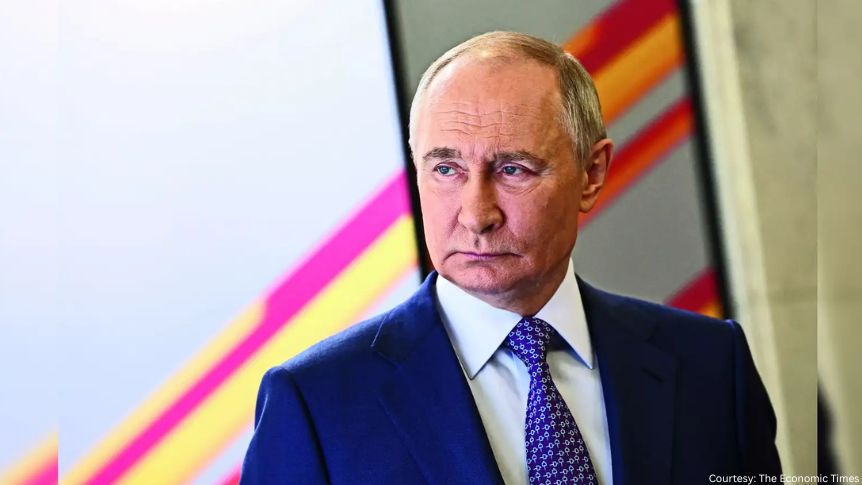ST. PETERSBURG – Russian President Vladimir Putin on Wednesday signaled Moscow’s willingness to serve as a mediator in the rapidly escalating conflict between Israel and Iran, a move seen by many as an attempt to reclaim Russia’s diplomatic relevance on the global stage amid ongoing international isolation.
Speaking at the St. Petersburg International Economic Forum (SPIEF), Putin stated that Russia, owing to its long-standing ties with both Tehran and Tel Aviv, was in a position to offer a neutral framework for de-escalation. The proposal comes as tensions continue to rise following weeks of airstrikes and military confrontations in the region.
“We are not imposing anything on anyone; we are simply sharing our view of a peaceful way forward,”Putin told global attendees at the Forum.
Russia’s Bid for Peacemaker Status
Diplomatic analysts suggest that Russia’s mediation offer is part of a broader effort to reassert its role as a global power broker, especially after facing international backlash over its invasion of Ukraine and increasing diplomatic isolation in Europe.
- Russia recently signed a strategic cooperation pact with Iran, strengthening military and economic ties.
- At the same time, Moscow has maintained discreet channels with Israel, particularly on military coordination in Syria.
- Putin has reportedly spoken to Israeli Prime Minister Benjamin Netanyahu and Iranian President Ebrahim Raisi in recent days to discuss possible off-ramps from the conflict.
Skepticism from the West
While Moscow frames its offer as neutral, Western leaders have responded with caution. French President Emmanuel Macron and U.S. officials have raised concerns about Russia’s objectivity, citing its recent arms deals with Tehran and its military entanglements across the region.
“Russia cannot be both an arms supplier and a peace mediator,” noted one European diplomat.
The Carnegie Endowment for International Peace also warned that Moscow’s move may be less about peace and more about positioning itself as a counterweight to U.S. and EU influence in the Middle East.
Regional Implications
The timing of Putin’s offer is significant, coming at a moment when:
- Iran has threatened to escalate its regional military response.
- Israel continues to conduct airstrikes in southern Syria and Iraq.
- Gulf states have begun quietly lobbying for third-party mediation to avoid regional destabilization.
Putin’s mediation proposal, though far from being accepted officially by either side, reflects a return to Cold War-style strategic diplomacy, where Moscow seeks to play kingmaker in conflicts involving U.S. allies and adversaries alike.
No Response Yet from Israel or Iran
As of now, neither the Israeli nor Iranian leadership has publicly accepted or rejected Russia’s offer. However, insiders claim both governments have received the proposal and are reviewing their diplomatic options amid mounting international pressure to avoid a wider war.
Putin’s re-emergence as a would-be peacebroker could test Russia’s global credibility—and the world’s willingness to accept mediation from a country itself engaged in military conflict.


